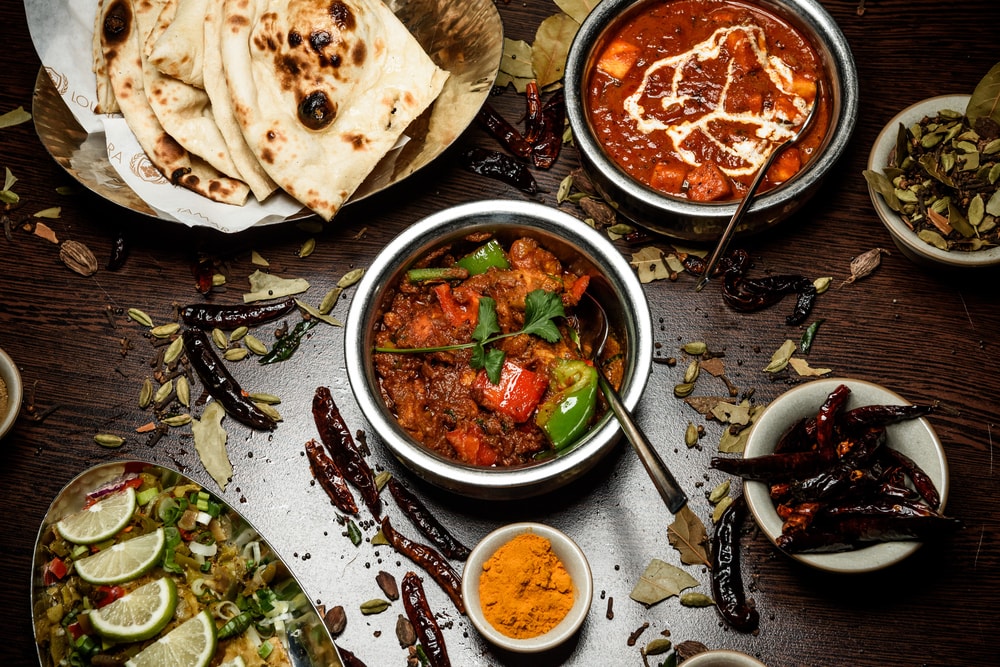 Updated on: December 17th, 2019 3:47 PM
Updated on: December 17th, 2019 3:47 PM
Licenses and Registrations Required for Restaurant
The restaurant business in India is one among the highly regulated ones in the country. It requires the procurement of a wide range of licenses and registrations. Here’s an overview of the various licenses and permits, that constitute a completely legal restaurant business. Know more about how to start a restaurant.Trademark Registration
If the name of the restaurant is unique and coined, a trademark registration can be obtained to prevent others from using the same brand.Fire License
A No Objection Certificate is to be granted by the State Fire Department after the verification of premises. A restaurant which is due for construction must obtain the certificate before beginning with the construction process. Know more about fire license.FSSAI License
The FSSAI license is an important license for any entity involved in the production, storage, manufacturing, transfer or transportation of food and food products. FSSAI license is issued by the Food Safety and Standards Authority of India (FSSAI) and the FSSAI license for most restaurants would have to be obtained from the State FSSAI department. Under FSSAI, the license or registration is divided into three categories namely:- FSSAI Central License
- FSSAI State License
- FSSAI State Registration
GST Registration
Restaurants, whose turnover exceeds Rs 20 lakhs (10 lakhs in case of special category states) must compulsorily obtain GST registration. Restaurants below this turnover are exempt from GST registration, though they may obtain the same if voluntarily interested. Restaurants which haven’t been enrolled in GST, as obvious as it may be, shall not charge GST on customers. The GST Registration Number mentioned in the bill will act as a proof of registration.Liquor License
A restaurant selling liquor must specifically obtain a liquor license, which can be obtained from the concerned State Government. It may be noted that Government regulations prohibit liquor services near schools, temples and hospitals; and hence, serving of liquor near these premises wouldn’t make for a license. Procedure for obtaining Bar license.Music License
Playing of music in a non-private, commercial or non-commercial establishment requires a license, which is being issued by Phonographic Performance Limited (PPL). Non-conformity with this rule could lead to penal consequences.Health/Trade License
The 11th schedule of the Municipal Corporation Act (1957) specifically deals with health and trade licenses. This was created taking into perspective the health of the general public. It validates the safety and hygiene norms of the restaurant. This is generated either by the State Municipal Corporation or the state’s authorized health department.Eating House License
Eating house license is provided at a nominal cost in various States. This license is issued by the Licensing Police Commissioner of the particular city or town where the restaurant will be located.Shop and Establishment Act
“The Shop and Establishments Act” was created for regulating the conduct of business like hours of work, child labor, payment of wages, safety and general health of the employees. Shop and Establishment Act license or registration is issued by the State Governments. The registration must be obtained within a period of 30 days from the commencement of business.Lift Clearance
Installation of lifts in a multi-storey restaurant requires the clearance of an inspector from the electricity department and the Labor Commissioner of the particular city. Before issuing the clearance, proper inspection on the basic aspects must be conducted.Environmental Clearance
A restaurant must give due importance to the protection of the environment, and must act in a manner which doesn’t cause distress to the surroundings. Hence, a no-objection certificate may need to be procured from the locality’s Pollution Control Board.Insurance
In the modern era, very few business exist without obtaining the necessary insurances, as not obtaining the same could result in colossal losses, something which the entity may never recover from. A restaurant business requires insurance for public liability, product liability, fire policy and policy for building and assets.Gumastha Licence
If you are planning to start any business in the state of Maharashtra, you must obtain a Gumastha licence. To procure it, one needs to possess the following documents;- PAN Card
- An Address proof or a no-objection certificate from the landlord
- Application letter in the prescribed format to the Municipal Corporation of Greater Mumbai
- Authority Letter for Business
- Government Prescribed Fees for a partnership Firm
- Memorandum and Article Of association
- Certificate Of incorporation of the Company
- Director’s ID and Address proof
Popular Post

In the digital age, the convenience of accessing important documents online has become a necessity...

The Atalji Janasnehi Kendra Project that has been launched by the Government of Karnataka...

The Indian Divorce Act governs divorce among the Christian couples in India. Divorce...

When an individual has more than a single PAN card, it may lead to that person being heavily penalised, or worse,...

Employees Provident Fund (PF) is social security and savings scheme for employee in India. Employers engaged...


